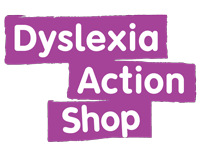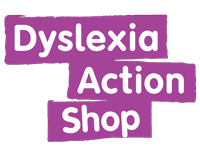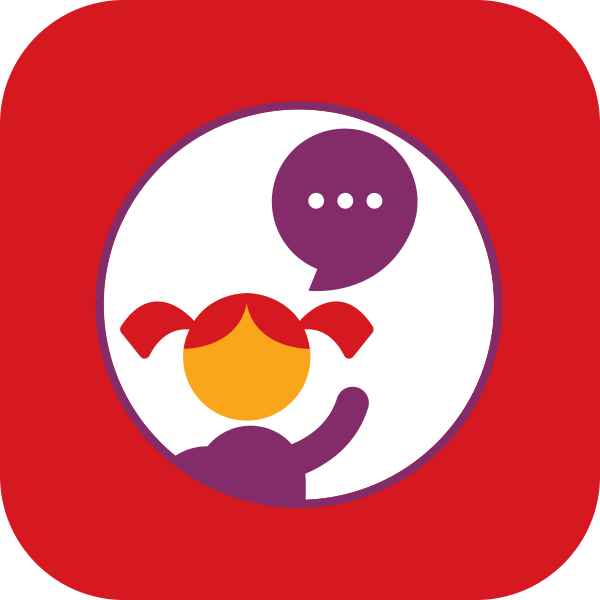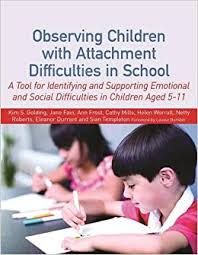We are passionate about helping you to support children and young people with the assessments to help you understand their needs and the resources they need to succeed while learning.
That’s why we’re pleased to be celebrating National Children’s Day!
Falling on the 18th of May in the UK, National Children’s Day is a date that honours children. In some countries, it may fall on a different day. This day is a moment to reflect on the best ways to advocate for the wellness and rights of all children, and ways you can help and support them.
Along with our sister companies, we believe all children should be able to thrive, enjoy learning and achieve their goals. We believe that all children have a right to safety and an education, and we are pleased to be able to play a part in helping you to support children and young people in your care through providing assessments and resources to help you discover and support their particular needs.
Here are some ways you can support the children in your care, whether they are your own children, children you teach, or children that you may be working with in another capacity:
Building Strong Communication and Relationships:
Having a good relationship with children means they are more likely to feel comfortable talking to you and seeking support and advice.
- Regularly check in with them: Ask them how they are, and show interest in their day.
- Celebrate their successes: When something goes well, acknowledge their accomplishments and positive behaviours. Children love to hear praise!
- Offer support when things are difficult: Be a source of comfort and understanding during challenging times.
- Create open and honest communication: Talk about important topics, including their safety and well-being.
If you work with children in a primary school, then we really love and recommend the WellComm kit which helps you screen for speech and language difficulties, and involves multiple play activities so that they can improve their skills. Many children, particularly primary school children, have unidentified speech and language difficulties, which can cause them to struggle with communication and building relationships with others. The WellComm kit allows you to put together a profile for each child that fits their particular set of needs, so that you can stage personalised interventions.
Nurturing Education and Development:
Children are naturally curious about the world and want to find out more.
- Encourage their curiosity: Spark their interest in learning and exploration by asking open-questions, and encourage them to ask you questions too!
- Support their education: Help them with homework, reading, and other academic tasks. You could even find ways to link educational tasks into their personal interests, such as implementing favourite characters into maths questions!
- Promote their talents: Encourage them to pursue their interests and give opportunities a go, whether it's in sports, art, music, or other areas.
- Boost their confidence: Praise their efforts and achievements, and help them find role models in their favourite areas of interest, such as a singer, an actor or actress, industry professional, or even a teacher!
- Support their brain development: Engage in activities like reading, talking, and playing together.
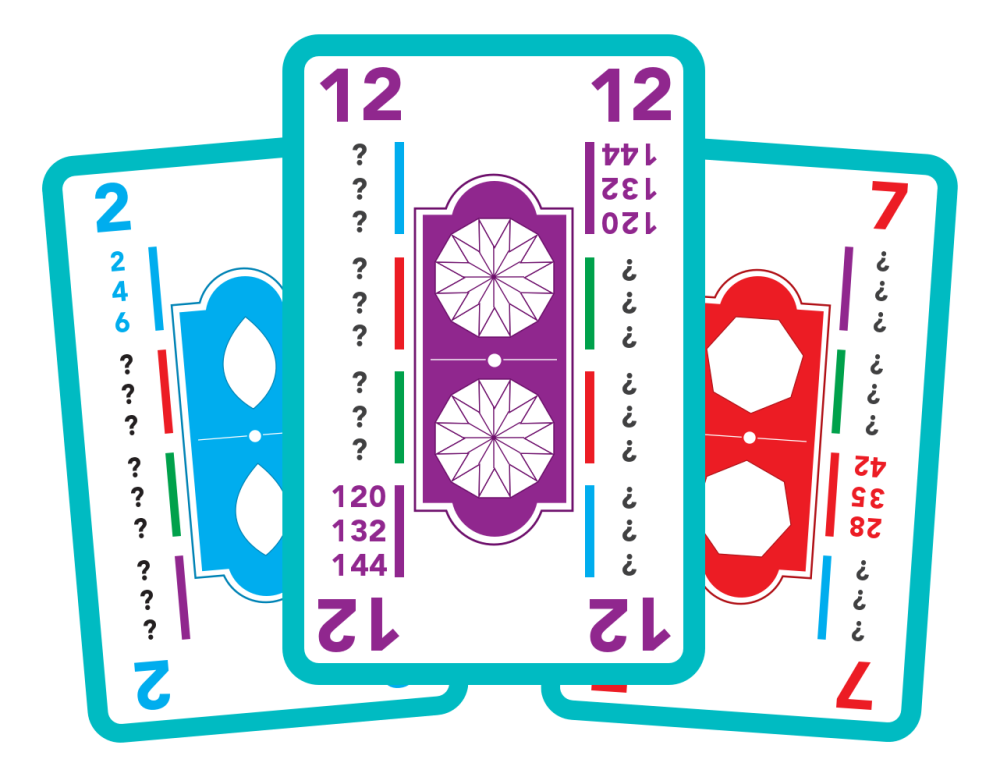 For fun while learning, we recommend the SEQUO - Times Table Card Game, available in the shop now. Sequo is a fantastic resource to support children with a range of mathematical concepts, especially times tables. Children can play a game and without realising, they are learning as they have fun!
For fun while learning, we recommend the SEQUO - Times Table Card Game, available in the shop now. Sequo is a fantastic resource to support children with a range of mathematical concepts, especially times tables. Children can play a game and without realising, they are learning as they have fun!
The regular repetition and visualisation of times tables will enable the number facts to stick into children’s memory. Alongside this, the pack also includes helpful hints and tips for learning times tables.
This makes an excellent resource for both teachers in the classroom and for parents at home.
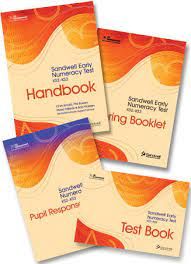 We also really like the Sandwell Early Numeracy Test (SENT) for learners aged between 4 to 14. This product allows you to assess pupils' ability with numbers and identify specific numeracy skills requiring targeted teaching. The assessment explores five strands of basic numeracy skills: identification, oral counting, value, object counting, and language. You can also use it for children with Special Educational Needs, to identify targets for an Education, Health, and Care Plan (EHCP), and to provide information to support decision-making.
We also really like the Sandwell Early Numeracy Test (SENT) for learners aged between 4 to 14. This product allows you to assess pupils' ability with numbers and identify specific numeracy skills requiring targeted teaching. The assessment explores five strands of basic numeracy skills: identification, oral counting, value, object counting, and language. You can also use it for children with Special Educational Needs, to identify targets for an Education, Health, and Care Plan (EHCP), and to provide information to support decision-making.
This is an excellent resource for teachers and will enable you to support children as they learn numbers and help them become confident.
Fostering a Sense of Community:
Children want to feel included and valued within their communities, whether that is in the home, at school, at clubs, or with their friends! You can help them to feel part of a community by:
- Being a role model: Showing children how to cope with difficult emotions and care for themselves through your own behaviour can be a valuable lesson.
- Connecting with the community: Involving children in community activities and showing them how to help others, such as through volunteering, charity work, and more, can help to foster a sense of belonging and responsibility, as well as being very rewarding!
- Look out for children who might be excluded: Sometimes children can find it hard to fit in straight away. Keep an eye out for any children who might be struggling and help them to find ways to get involved.
For tips on identifying children with attachment difficulties and who might find feeling part of a school community tricky, we recommend the book Observing Children with Attachment Difficulties in School, available now in the shop.
This child observation tool has been designed to help structure observations of children with emotional and behavioural difficulties in early years settings. Simple checklists and diagrams help to identify particular behavioural patterns and attachment issues, and appropriate interventions. Handouts with activities are also included.
Suitable for use with children aged 2-5, this will be an invaluable resource for early years professionals, as well as clinicians, teachers and learning support staff.
We hope you find our top tips useful and that they inspire you with ways to support children in your care. If you’d like to browse more interventions to support children, you can do so right here.


